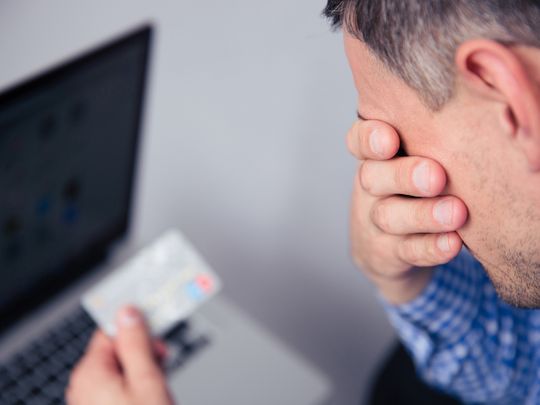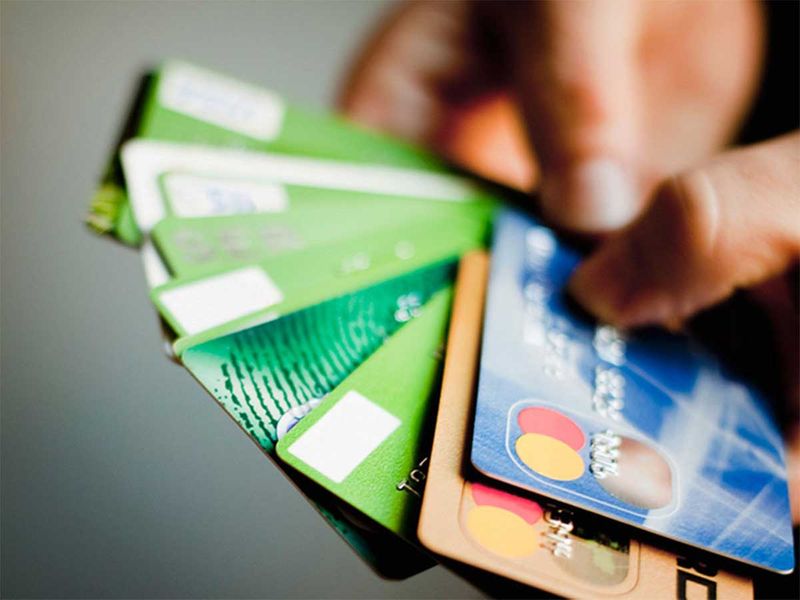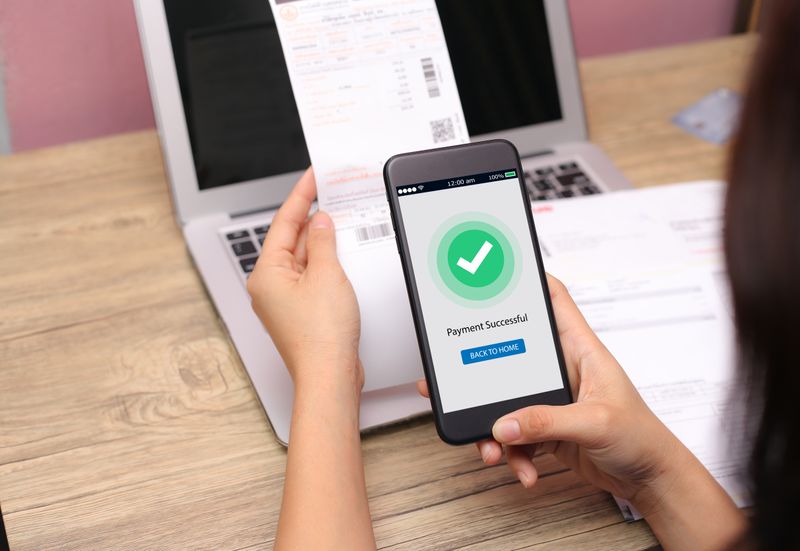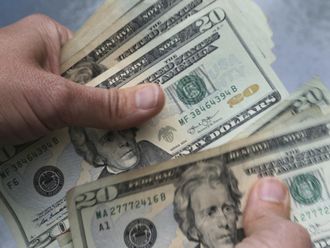
Dubai: If you’ve over-spent using your credit card the first few weeks of this holiday season, you may have reached a point when you’ve realised that you won't be able to pay off this debt within a few months even.
“While most of us often go ahead with purchases during the holidays because we couldn't resist to wait until we could actually afford them or let a rare discount pass us by, the mistake would be to brush it off thinking it’s just a little in interest,” said Rajesh Markara, an Abu Dhabi-based debt restructuring advisor.
“Unfortunately, it's likely to be more than a little interest — and there's a lot more at stake than paying more interest. There are a number of financial challenges that you might not be expecting with a big credit card bill. You'll struggle with each of them until you eliminate your credit card debt.”
Most of us often go ahead with purchases during the holidays because we couldn't resist to wait until we could actually afford them or let a rare discount pass us by
What’s the biggest problem with credit cards? Carry-over interest dues
The biggest problem with credit cards is the interest you'll pay if you carry a balance each month. Let’s say you owe Dh5,000 on your credit card at an interest rate of 16.5 per cent. If you make a payment of Dh100 every month on the debt, it will take you 86 months, or over seven years, to pay off Dh5,000.
The reason why it takes so long is primarily because of interest. By paying just Dh100 a month, you'll pay an additional Dh3,517 in interest alone before you erase your debt. This means you'll pay a total of more than Dh8,500 to pay off Dh5,000 worth of charges.
“The lesson with prolonging payments is it’s never worth the instant gratification of getting something when you can't afford it. It'll just start a never-ending cycle of not being able to afford the next thing you want because you're still trying to pay off that other thing you bought,” added Markara.
“If you must carry a balance for a period of time, pay as much as you can (not just the minimum) to avoid more interest piling on (interest gets calculated based on your daily balance so get it down as much as possible, as quickly as possible).”

What if I took one of those much-advertised zero per cent credit cards?
If you know you'll have to make a large purchase but can't pay it off right away, you could benefit from getting a credit card with a zero per cent promotional APR (Annual Percentage Rate, which is the cost you pay each year to borrow money, including fees, expressed as a percentage) for purchases.
“While a zero per cent promotional card will buy you some time, you still have to pay it off before the promotional period ends. However, if you already have a balance you're paying interest on, you can benefit by trying a credit card with a zero per cent APR for balance transfers,” said Markara.
“Most credit cards also offer a grace period to pay off your purchases before they charge interest. Pay off your balance during this grace period and you're golden — you've borrowed money for free, and perhaps even made a little if you used a cash back credit card.”
However, Markara further explained that when you leave a balance, you'll not only get hit with interest for those purchases, you lose your grace period on all future purchases. Meaning, the minute a charge gets through, interest can start accruing.
While a zero per cent promotional card will buy you some time, you still have to pay it off before the promotional period ends
Missing your card’s ‘grace period’ hurts your credit score
Additionally, it will take several billing cycles before your grace period is reinstated, so make sure you don't lose it in the first place.
If you use too much of your available credit, your credit score will drop, and also if you carry too much credit card debt, your credit score will suffer. That's because lenders consider you more of a risk to not pay back your debts when you are saddled with high amounts of credit card debt.
Something called your credit-utilisation ratio is a key factor here. For instance, if you have Dh20,000 worth of credit available to you and you owe a total of Dh17,000 on your credit card accounts, you have a credit utilisation ratio that is far too high. A high ratio will drop your credit score.
“You may not think much about your credit score until you need it,” said Mirin Raul, a Dubai-based personal finance counsellor who coaches people on issues with tracking uncontrolled expenses and liabilities.
“If you're hoping to buy a house, a car, or even a new job, your credit score may determine whether you get it or not. No matter how much credit available you have, it's never a good idea to use it all up at any one time. Spread out your purchases and pay them down quickly.”

Will a high credit card bill upset my debt-to-income ratio?
Lenders factor in your minimum required monthly credit card payments as part of your debt obligations. In addition to your credit score, lenders rely on your debt-to-income ratio.
This ratio examines the relationship between your monthly debts and your monthly income. If these minimum payments are high, it could throw your debt-to-income ratio out of proportion.
For instance, in the UAE, lenders want your monthly debts — including your estimated new loan payments — to equal no more than 50 per cent of your monthly income. If your credit card payments push that ratio up past 50 per cent, you might not qualify for the loan you want.
“With a large credit card debt and a low credit score, you can expect to pay higher interest rates on whatever loans — including auto and mortgage — for which you do qualify,” added Raul.
“A fact that is most often overlooked among people worldwide is that lenders charge higher rates to borrowers whom they deem higher risks. If your score is low — in part because of your huge credit card bill — get ready to be hit with interest rates higher than the market average.”
If you have a lower score your interest rate on the same loan could be more like 5.5 per cent, which means you'll pay about Dh1,135 each month, again not including insurance. That's a difference of Dh186 each month or Dh2,232 a year, simply because you owe too much on your credit cards.
How can I get myself out of my huge credit card bill before it snowballs?
“The first step is to curtail spending, but if you have already been hit with a heft credit card bill, here are a few steps to take to minimise the sting before the debt-related situation worsens,” added Raul, who went on to list out the following.
• First and foremast, stop spending more than you can pay off every month, because you can't begin to dissolve your debt balance if you keep adding to it.
• Secondly, paying the minimum maximises the amount you pay in interest over time, so cut away at your overhanging debt by paying more of it off, whenever you can.
• Thirdly, you can ease your credit card card bill’s due-day burden by breaking it down into multiple payments as and when any income is credited to your bank account.
“Since your interest charge is based on your daily balance, cutting down your balance whenever you have funds available, rather than waiting until the bill is due, can help reduce the interest you pay, too,” she further elaborated.











